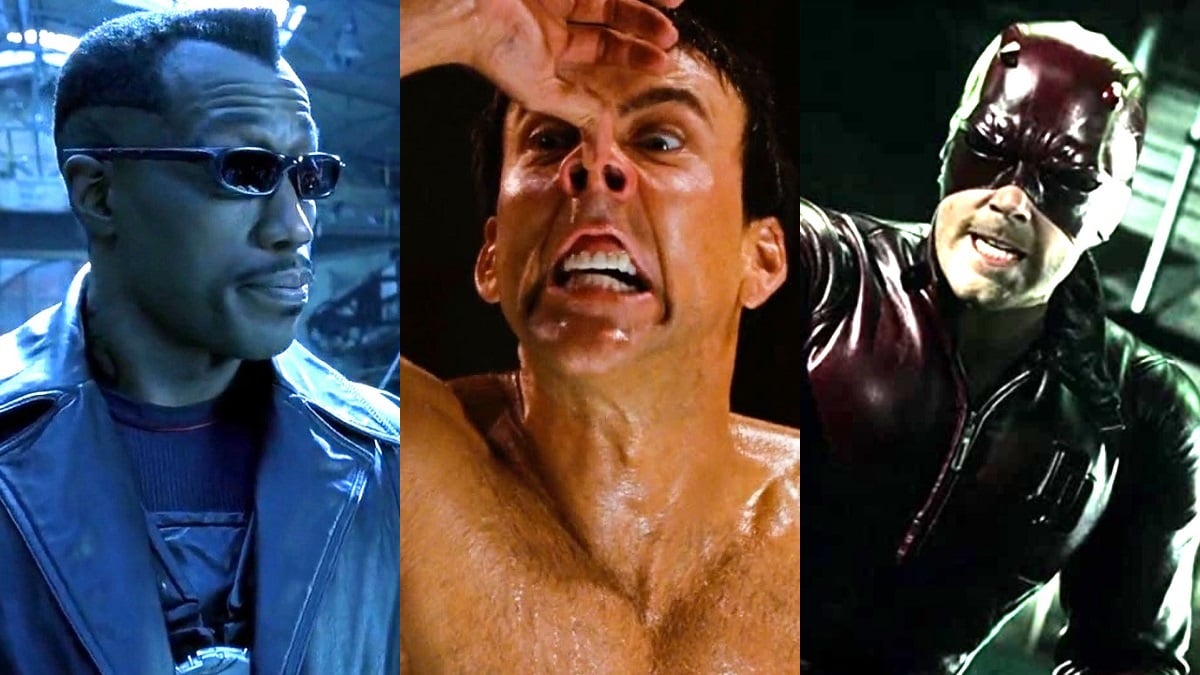It’s very rarely a good thing for any one company or conglomerate to have an insurmountable share of any single market, but the introduction and unstoppable expansion of the Marvel Cinematic Universe and its current Multiverse Saga may see Kevin Feige’s monolithic franchise monopolize almost 25 years of superhero cinema.
The MCU is already the biggest, most popular, and highest-grossing film series of all-time, and having since rolled out onto the small screen through a jam-packed slate of Disney Plus originals, the mere mention of the word “variant” is enough to establish that almost every major Marvel Comics property to have arrived since the late 1990s may technically fall under Kevin Feige’s umbrella.
Even if we ignore the 616 universe entirely, the respective appearances of Patrick Stewart’s Charles Xavier and Hugh Jackman’s Wolverine in Doctor Strange in the Multiverse of Madness and Deadpool 3 will establish them as alternate versions of the same characters from other timelines, but because they look the same as their 20th Century Fox counterparts, that would place all 13 X-Men films as being part of the MCU’s broader multiversal spectrum.
The same goes for the entire roster of Netflix shows after Charlie Cox reiterated that Daredevil: Born Again is a total reboot, and given that the rights to the Man Without Fear, as well as other big names including the Fantastic Four, Ghost Rider, and Blade are all under Feige’s purview, then Tim Story’s 2000s FF flicks, Ben Affleck’s Matt Murdock, Nicolas Cage’s Johnny Blaze, and Wesley Snipes’ Daywalker all land in the same boat.
Hell, even the post-credits scenes of Morbius combined with Spider-Man: No Way Home highlighted that every past, present, and future Sony project is tangentially tied to the MCU, too. Thanks to the complex rights issues, though, we can at least leave Ang Lee’s Hulk out of the loop… for now.






















































